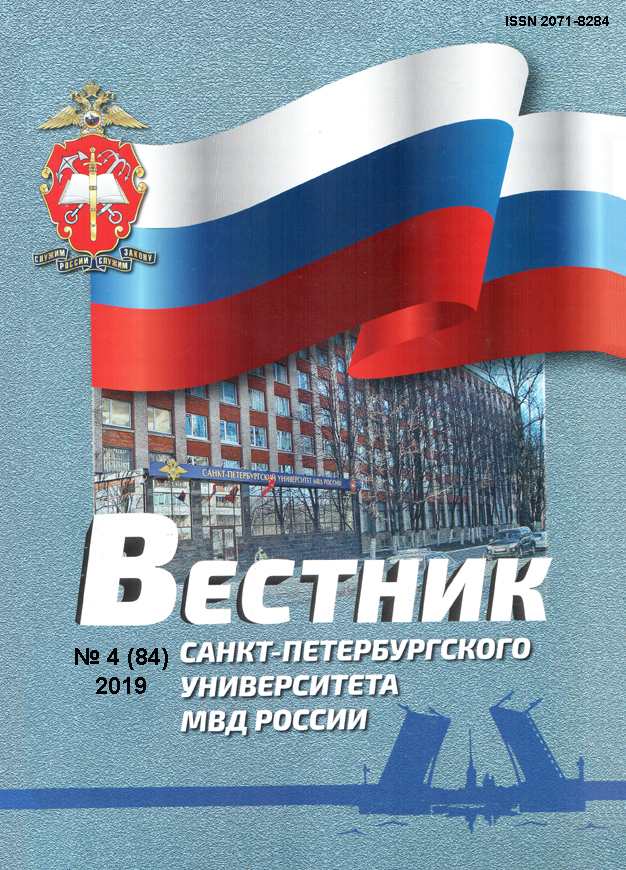from 01.01.2016 until now
Saratov, Saratov, Russian Federation
UDC 34
CSCSTI 10.15
The 1993 Constitution of the Russian Federation as one of the principles of the legal status of an individual establishes the possibility of restricting human and civil rights and freedoms, while also providing for the necessary conditions for imposing such restrictions (the existence of a constitutional goal of restriction; setting restrictions only by federal law; proportionality; compliance with international standards of restrictions; prohibition restrictions on rights based on social, racial, national, linguistic or religious affiliation). The need for the existence of restrictions on the rights and freedoms of the individual is due to various reasons: the protection of the foundations of the constitutional order, the rights and freedoms of other persons, and the interests of the state. However, certain human rights and freedoms cannot be restricted under any circumstances; this so-called absolute rights and freedoms. But neither national legislation nor international law contain a precisely defined list of absolute rights and freedoms. The aim of the article is to identify in the Constitution of the Russian Federation of 1993 and in international acts unrestricted (absolute) rights and freedoms of a person and citizen. The relevance of the research topic for the Russian constitutional legal science is due to the fact that certainty in the understanding of the list of unrestricted rights and freedoms is necessary for the improvement of lawmaking and law enforcement activities. The article examines the provisions of the Constitution of Russia, the main international legal acts on human rights, the legal positions of the Constitutional Court of the Russian Federation.
restriction of human rights, unrestricted (absolute) rights and freedoms
1. Vitruk N. V. Obschaya teoriya pravovogo polozheniya lichnosti. - Moskva: Norma, 2008. - 448 s.
2. Mal'ko A. V. Stimuly i ogranicheniya v prave / 2-e izd., pererab. i dop. - Moskva: Yurist', 2003. - 250 s.
3. Gasanov K. K., Stremouhov A. V. Absolyutnye prava cheloveka i ogranicheniya prav // Pravovedenie. - 2004. - № 1. - S. 164-173.
4. Zor'kin V. D. Rossiya i Konstituciya v XXI veke. Vzglyad s Il'inki. - Moskva: Norma, 2007. - 400 s.
5. Bahin S. V. O klassifikacii prav cheloveka, provozglashennyh v mezhdunarodnyh soglasheniyah // Pravovedenie. - 1991. - № 2. - S. 41-51.
6. Chirkin V. E. Konstitucionnoe pravo: Rossiya i zarubezhnyy opyt. - Moskva: Zercalo, 1998. - 448 s.
7. Chirkin V. E. Konstitucionnaya terminologiya : monografiya. - Moskva: Norma: Infra-M, 2013. - 272 s.
8. Habrieva T. Ya., Chirkin V. E. Teoriya sovremennoy konstitucii. - Moskva: Norma, 2005. - 320 s.
9. Gomien D. Putevoditel' po Evropeyskoy konvencii o zaschite prav cheloveka. - Strasburg: Izd. Soveta Evropy, 1994. - 136 s.
10. Entin M. L. Mezhdunarodnye garantii prav cheloveka: opyt Soveta Evropy. - Moskva: Izd. MNIMP, 1997. - 296 s.














